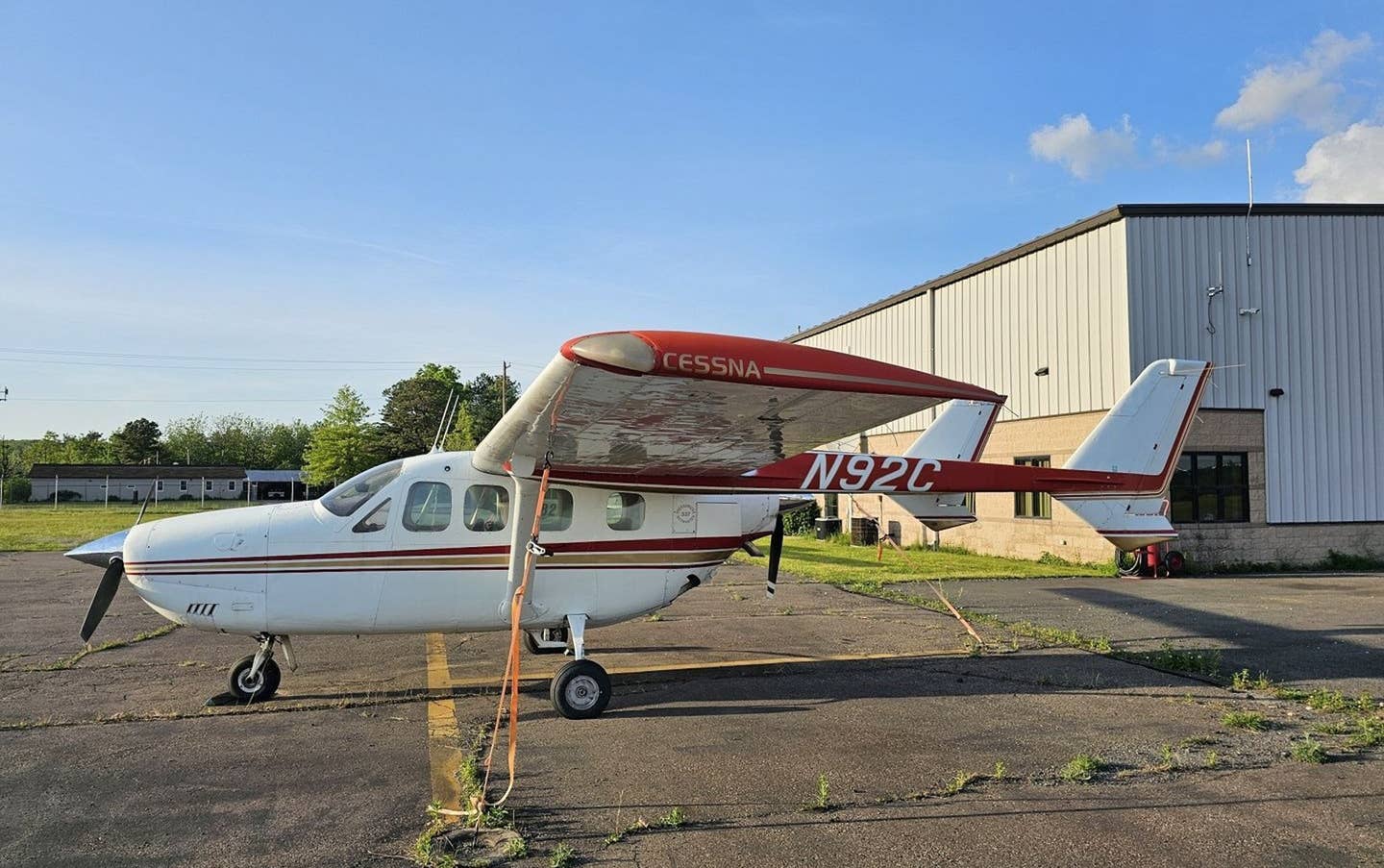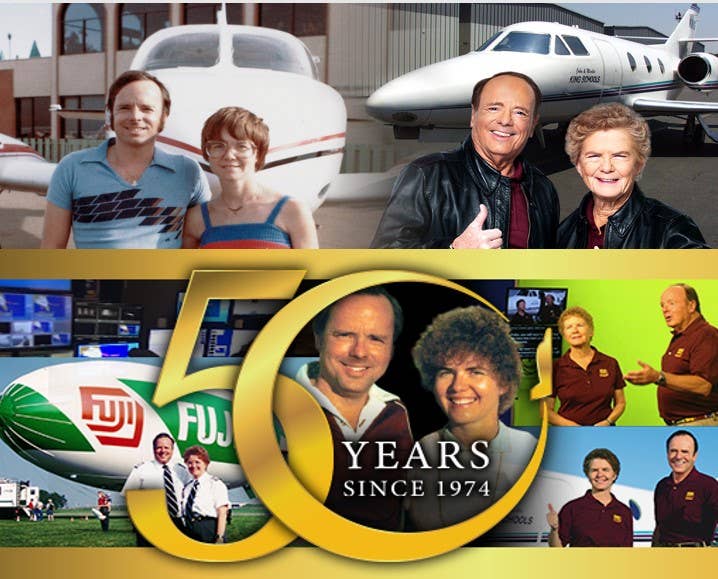Paris Air Show to Open Under A Sustainability Theme
The event will feature aircraft ranging from the latest Boeing 777X and Embraer KC-390 to eVTOLs and drones.

The Paris Air Show runs through June 25, 2023. [Credit: SIAE Salon de Bourget]
With aircraft ranging from the latest Boeing 777X and Embraer KC-390 to eVTOLs and drones, the Paris Air Show parlays a sense of urgency in adopting new technology to address net-zero goals.
Pre-show events begin this weekend for the venerable event, which officially runs from Monday through June 25.
Sustainable Focus
On Friday, chief technology officers from seven of the world’s major aviation manufacturers released a joint statement doubling down on the sustainability mission all are in concert to pursue. CTOs from Airbus, Boeing, Dassault, General Electric, Pratt & Whitney, Rolls-Royce, and Safran collaborated on the missive, clearly intended to set the stage before the industry’s largest biannual event commenced.
More than a decade ago, the aviation industry was the first global sector to set ambitious emission reduction goals.
“Today, we come together again to support the industry’s commitment to achieving net-zero carbon emissions for civil aviation by 2050 and to highlight the importance of the production, distribution, and availability of qualified sustainable aviation fuel (SAF) needed to achieve this goal,” the statement read. “The development of fuel-efficient aircraft technologies has been a priority for the aviation industry for over 50 years and remains a priority. Greater uptake of SAF would mitigate the projected growth in aviation CO2 emissions as the customer demand for global air travel increases.
“Our companies are steadfast in delivering the technical solutions required to reduce the carbon emissions of the air transportation sector through our work in three key areas:
“Developing advanced aircraft and propulsion technologies that enable net-zero carbon emissions while maintaining the safety and quality standards of our industry; implementing improvements in aircraft operations and infrastructure; and supporting policies and measures that accelerate the availability and adoption of qualified SAF.
“Increasing the production and utilization of SAF is a critical step for achieving the air transportation sector’s net zero CO2 emissions goal by 2050. However, the production of SAF is currently estimated at less than 0.1 percent of the global demand for jet fuel today. Moreover, SAF prices are typically two to five times higher than the price of conventional jet fuel. The supply is further constrained by competition for renewable fuels from other sectors that have alternative decarbonization options, such as with surface transportation and heating.
“We support government policies and initiatives that stimulate investment in production capacity, reduce costs, and encourage greater industry uptake. This includes the U.S. Inflation Reduction Act of 2022 (IRA), which provides a blender’s tax credit. The IRA also authorizes funding to support advanced technologies and infrastructure that enable expanded SAF production and distribution capacity in the U.S., as well as projects to develop fuel efficient aircraft or otherwise reduce emissions from flying. Public-private partnerships, such as the FAA FAST Tech Program, would enhance OEM adoption, testing, and technical clearance of new emerging SAF pathways to ensure seamless insertion into the commercial fleet.
“Similarly, the CTOs welcome the political agreement found on ReFuelEU Aviation, which will provide a strong signal for the deployment of SAF in air transport, and look forward to the legislation being adopted as soon as possible. The EU needs to implement the right industrial support policies, within the Net Zero Industry Act, to accelerate the availability of SAF and synthetic kerosene at commercial scale, building on the work of the Industrial Alliance for Renewable and Low Carbon Fuels (RLCF). In addition, qualification efforts that support the development of co-processing technologies that can harness the existing capital infrastructure will accelerate the availability of SAF at commercial scale.
Partnerships, Policy
“Public-private partnerships can play a key role in increasing the development and use of SAF through policy definition and alignment, along with financial incentives. Policymakers have the chance to accelerate these processes by providing sustained and predictable support to the multiyear development of novel technologies, and by stimulating the ramp-up of capacity. Recognizing the technical challenges associated with decarbonizing aviation, greater public policy and financial support to accelerate SAF production and distribution over fuels used for surface transportation is essential. Additionally, close collaboration with the aviation industry and fuel suppliers is required in the development of infrastructure and investment in SAF production capacity to accelerate availability in support of demand. Lastly, establishing standards for qualification of 100 percent SAF pathways that ensure full compatibility with engines and aircraft for civil and appropriate defense applications as they become available is essential.
“We, as CTOs, are committed to supporting policies that increase the supply of SAF while ensuring a consistent and predictable demand through harmonized global measures. The aviation industry plays a pivotal role in modern life connecting people, economies, and nations. We are unified in the proposition that our industry has a prosperous and more sustainable future, and that we can make it happen through the near-term implementation of lasting industry-wide and globalized harmonized policies.”

Subscribe to Our Newsletter
Get the latest FLYING stories delivered directly to your inbox






